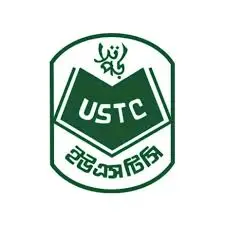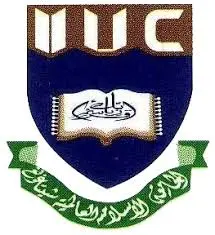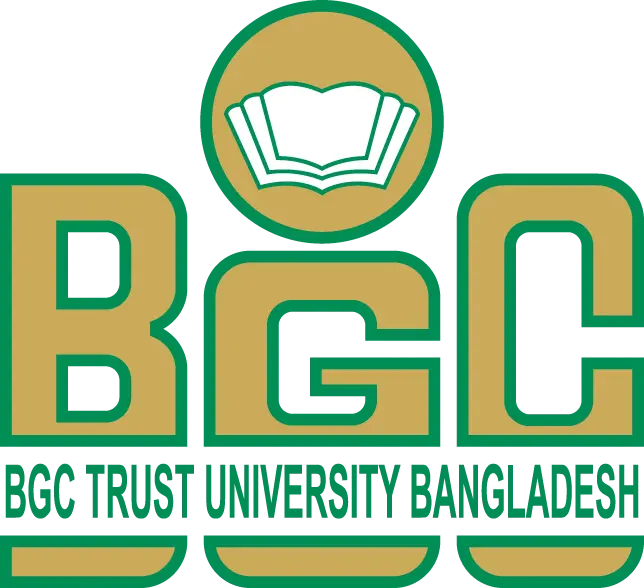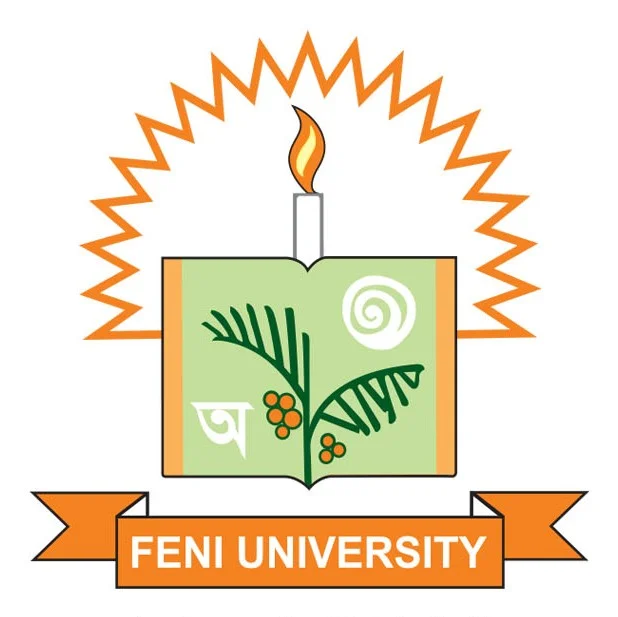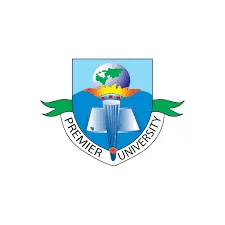
Premier University
Courses 0
Establish Year 2002


Courses 0
Establish Year 2002
Premier University has been accredited by the Government of the People’s Republic of Bangladesh and its curricula as well as its programs have been approved by the University Grants Commission of Bangladesh. The Honourable President of the People’s Republic of Bangladesh is the Chancellor of Premier University. Premier University wants to proudly announce that it has been given the Permanent Charter from the Ministry of Education on 29 December 2021 to run as a full-fledged university—a distinction given only to a very few private universities.
Since ancient times, education has been recognized as an important factor for the amelioration of human conditions in a social setting. Greek thinkers like Socrates, Plato, and Aristotle were all aware of the role of education in society. Plato, in fact, had a very comprehensive scheme of education for his contemplated ideal state. He clearly understood that the philosopher king should have sufficient education to conduct the affairs of the state. In other civilizations also education was accorded an important place in their scheme of things, especially in their objective of attaining a good society. Kautilya in Athasastra and Khaldun in his Mukkadama have greatly emphasised the role of education in achieving ideal society.
Although education has been recognized as something important, it is in recent times that there have been theorizations about the causal link between education and development. Economists like Theodore Schultz, Gary Becker, and Amartya Sen have written extensively on the contribution of human capital to economic growth. They theorize that education, through providing skills, can make people more productive, and this give them chances to earn higher wages in the labour market. Human capital has been defined as “the stock of useful, valuable and relevant knowledge built up in the process of education and training.” Investment in human capital, through schooling, increases the productivity of labour. Education not only increases productivity, but also has many spillover effects. Several World Bank studies show that human and social capital comprises two-thirds of the wealth of nations. Theorists cite the case of Japan as a glaring example in support of the human capital thesis. It has been found in the case of Japan that human and social capital contributed 85% to the total national wealth while physical capital (machinery, building, and physical infrastructure) 14% and natural capital only 1%.
From the foregoing observations, it is evident that education is crucial for economic development in the modern world. In fact, higher education can transform human beings into human capital. Only those societies that have acquired the basic tools of essential knowledge and skill can successfully compete in today’s global markets. This fact has been borne out by the experiences of Japan and other East Asian industrializing countries such as South Korea, Hong Kong, Singapore and China. These countries have abundant human labour. But, this factor alone could not raise them to their present height of market leadership. They could scale up to this pinnacle of prosperity and massive labour productivity only when they combined knowledge and skill with abundance of low-wage labour through education. Thus, in terms of human development objectives, education is an end in itself and not just a means to an end.
Bachelor of Architecture
4 Year
Graduation
Offline
Specialization
Architecture
Scholarship
Yes
Examination
Half Yearly
Fee Cycle
Semester
Bachelor of Arts (Honors) in English
4 Year
Graduation
Offline
Specialization
English
Scholarship
Yes
Examination
Half Yearly
Fee Cycle
Semester
Bachelor of Business Administration
4 Year
Graduation
Offline
Specialization
Business Administration
Scholarship
Yes
Examination
Half Yearly
Fee Cycle
Semester
No record found
1 . S. S. CHO . S. C ( or equivalent test ) GPA 2 in both tests separately . 50 ( Second Division ) or s . S. CHO . S. C ( or equivalent test ) combined GPA of 6 in two tests . 00 , but in that case GPA 2 in any of these two exams . Can't be below 00 .
2 . Five subjects in 'O' Level examination and two subjects ( Major ) in 'A' Level examination with 'B' Grade or GPA 4 in at least four subjects out of total seven subjects . 00 and 'C' Grade or GPA 3 in three subjects . There should be 50 . ( Scale : A = 5 , B = 4 , C = 3.5 , D = 2 , E = 1 )
3 . If you want to get admission in CSE , EEE , Architecture and Mathematics department , S. S. CHO . S. C ( or equivalent ) must be in science category in both the exams .
4 . Minimum GPA of 2 at graduation level . 00 should be there .
5 . LLM , M. A in English , M. S. To do S in Economics course you have to complete 4 years course in the related subject .
Application Form: https://puc.ac.bd/StudentAdmission/PuAdmissionFormStep1
6 . For doing MBA ( 1 year ) course one must complete 4 years BBA course and minimum GPA 2 . Must be 75 .
7 . M. S. C ( Mathematics ) Part - II course for M. S. C ( Mathematics ) Part - I or Honors Course in Mathematics and M. S. C ( Mathematics ) Part - 1 course requires completion of honors course in Mathematics or related subjects .
8 . GED is not acceptable .
Application Form: https://puc.ac.bd/StudentAdmission/PuAdmissionFormStep1
